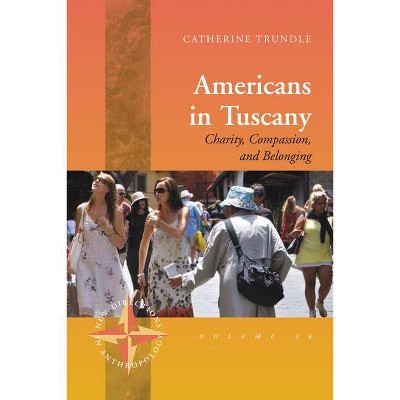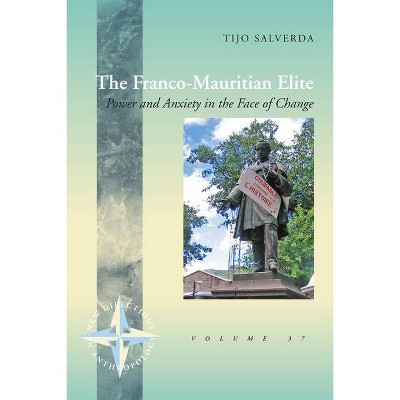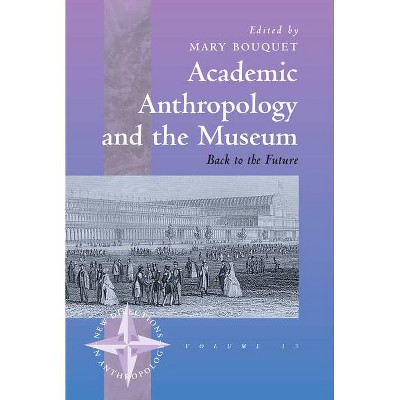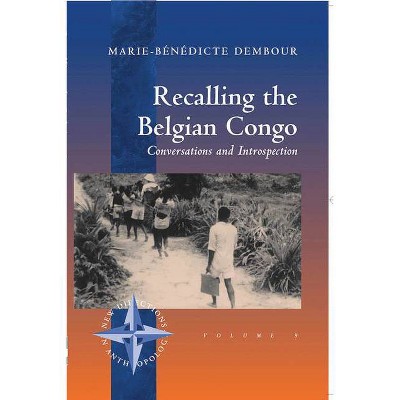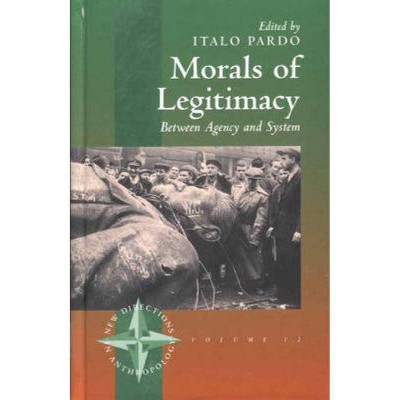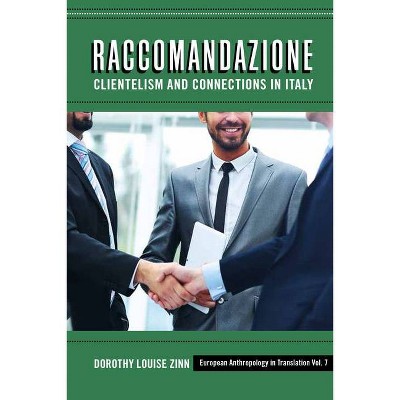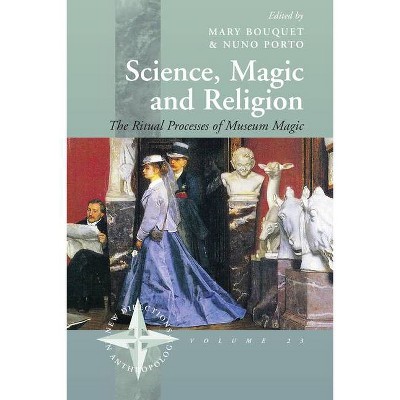Diasporic Generations - (New Directions in Anthropology) by Mette Louise Berg (Hardcover)
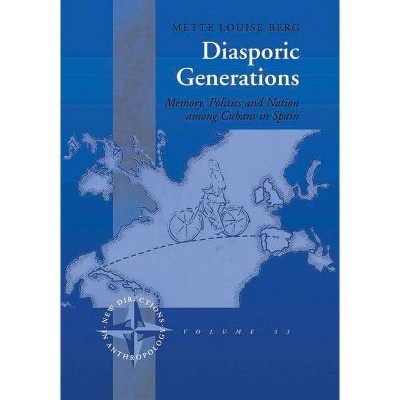
Similar Products
Products of same category from the store
AllProduct info
<p/><br></br><p><b> Book Synopsis </b></p></br></br><p> Interpretations of the background to the Cuban diaspora - a political revolution and the subsequent radical transformation of the society and economy towards socialism - are politicised and highly contested. The Miami-based Cuban diaspora has had extraordinary success in putting its case high on the US political agenda and in capturing world media attention, but in the process the multiplicity of experiences within the diaspora has been overshadowed. This book gives voice to diasporic Cubans living in Spain, the former colonial ruler of Cuba. By focusing on their lived experiences of displacement, the book brings to light imaginative, narrative re-creations of the nation from afar. Drawing on extensive ethnographic fieldwork, the book argues that the Cuban diaspora in Spain consists of three diasporic generations, generated through distinct migratory experiences. This constitutes an important step forward in understanding the dynamics of memory-making and social differentiation within diasporas, and in appreciating why people within the same diaspora engage in different modes of transnational practices and homeland relations.</p><p/><br></br><p><b> Review Quotes </b></p></br></br><br><p> "<em>Berg...offers a fine-grained analysis of the Cuban diaspora in Spain and of the diversity and plasticity of transnational identity. Thoughtfully reported interviews portray respondents who Experience 'home' and 'belonging'--staples of diaspora studies--in very different ways...The roles of race, gender, and class in determining outcomes and attitudes among groups of Cubans who left the island at various times are carefully delineated. Masterfully combining and balancing interviews, narrative, fieldwork reports, and analysis, Berg has written an exemplary study...Highly recommended</em>."<b> - </b><strong>Choice</strong></p> <p> <em>"Through its sensitive [and well-grounded] analysis of the narratives of Cubans in Spain and their families and friends back in Cuba, the text unravels conflicting memories, contrasting political experiences, and different understandings of nation and belonging...As well as providing a unique and fascinating case study of Cubans in Spain, [the book] makes a highly significant contribution to the study of diasporas through its insights into the complex workings of memory and the way these intersect with politics, history, and individual subjectivities."</em><strong> - New West Indian Guide</strong></p> <p> "<em>[Berg's] writing is lucid, and she demonstrates a profound empathy toward the people who became her interlocutors. I congratulate her for offering a poignant contribution to the understanding of how Cubans of the Spanish Diaspora obsess about their lost home, even as the island seems to drift further away with each passing day.</em>"<b> - </b><strong>American Anthropologist</strong></p> <p> "...<em>provides a useful discussion to contextualise recent experiences of migration from the island. The book traces the formation of a diasporic group, which although it emerged in the aftermath of the Revolution, has failed to attract as much interest as the Cuban-Americans.</em>"<b> - </b><strong>Bulletin of Latin American Research</strong></p> <p> "<em>With rich ethnography, convincing analysis, and clear prose, Berg introduces the reader to Cubans in Spain while posing a sharp critique of diaspora studies...</em> <em>Overall, Berg has written a superb book. The ethnography is impressively detailed and far reaching. Berg includes descriptions of Cubans in Spain and anecdotes from fieldwork in Cuba as well, and the result is a complex, nuanced view of Cuba and its diaspora across several generations. Berg offers this historical depth without sacrificing ethnographic richness, which is especially commendable.</em>"<b> - </b><strong>Nordic Journal of Migration Research</strong></p> <p> <em>Highlighting key generational differences, dynamics and trajectories, Mette Louise Berg's work adds an exceptionally significant approach to studies on diasporas and transnational migration. Her case study of Cubans in Spain also interestingly reflects deep changes in Cuban society over a number of decades. By way of developing a more comprehensive understanding of these topics, this book is essential reading for students and advanced scholars alike.</em><b> - </b>Steve Vertovec</b>, Max-Planck-Institute for the Study of Religious and Ethnic Diversity</p> <p> "<em>Mette Louise Berg's work is a productive, insightful, and timely intervention in the study of the Cuban diaspora and other contemporary transnational movements...an original and substantial contribution to the scholarly literature on migration.</em>"<b> - </b><strong>Jorge Duany</strong>, University of Puerto Rico</p> <p> "<em>...well-written and intelligent, and deals with the Cuban diaspora in Spain, about which little is known. The author excellently locates her study within interesting general literature on memory, homelands, nationalism, and diasporas...it is superb</em>."<b> - </b><strong>Susan Eckstein</strong>, Boston University</p><br>
Price History
Price Archive shows prices from various stores, lets you see history and find the cheapest. There is no actual sale on the website. For all support, inquiry and suggestion messagescommunication@pricearchive.us
